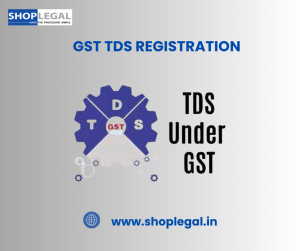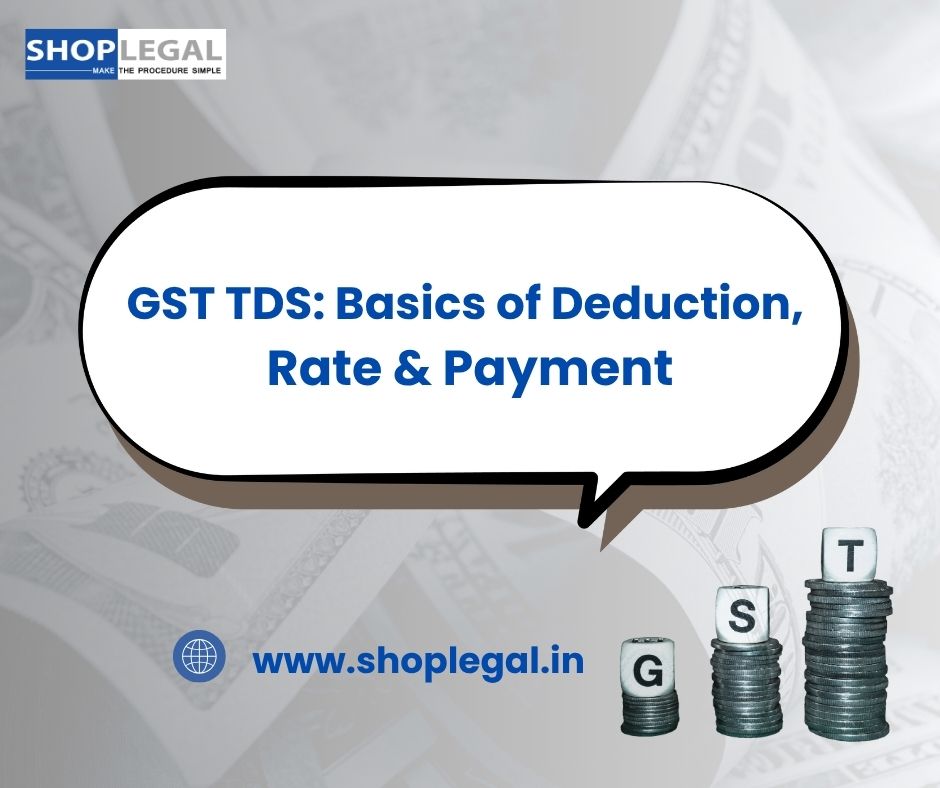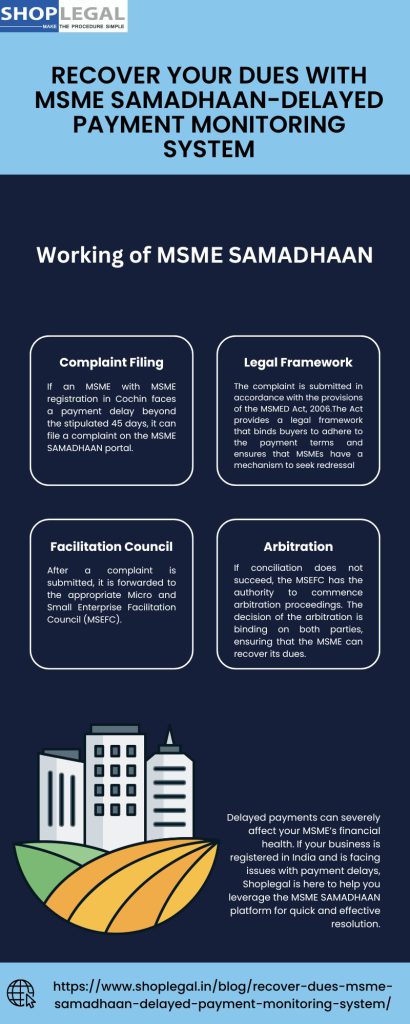GST TDS Explained: When to Deduct, How Much, and When to Pay
Understanding GST TDS Under Section 51 of the CGST Act
Did you know that the Goods and Services Tax (GST) also uses the Tax Deducted at Source (TDS) mechanism in addition to income tax?
Certain entities, including government departments, local authorities, and other notified bodies, must deduct TDS under Section 51 of the CGST Act when they pay suppliers of taxable goods or services. This regulation promotes better compliance and transparency in the GST system.
So, under GST, who must deduct TDS? When should they deduct it? How much should they deduct? And above all, how and when should they make the payment?
Real-World Scenario to Understand GST TDS
Contract Value (excluding GST): ₹2,60,000
Let’s assume a vendor has entered into a contract worth ₹2.6 lakhs with a government department.
The vendor issues two invoices over the contract period:
- Invoice 1: ₹2,40,000 (Issued in April)
- Invoice 2: ₹20,000 (Issued in December)
Now, let’s evaluate TDS applicability.
Is TDS Applicable in This Case?
The threshold for TDS under GST is ₹2,50,000 per contract (excluding GST). Since the total contract value is ₹2,60,000, TDS is applicable—even though each invoice alone is less than ₹2.5 lakh.
Important Note:
TDS under GST is applied per contract, not per invoice or vendor.
TDS Calculation Breakdown
Let’s calculate the TDS deduction on both invoices.
Invoice 1 (April)
- Taxable Value: ₹2,40,000
- TDS Rate: 2% (1% CGST + 1% SGST or 2% IGST as applicable)
- TDS Amount: ₹4,800
- Due Date to Pay TDS: 10th May
Invoice 2 (December)
- Taxable Value: ₹20,000
- TDS Rate: 2%
- TDS Amount: ₹400
- Due Date to Pay TDS: 10th January

When Should You Deduct TDS Under GST?
TDS must be deducted at the time of payment to the supplier or when the invoice is booked, whichever is earlier.
This is crucial for staying compliant, as delays or incorrect deductions can attract interest and penalties.
Key Compliance Tips for GST TDS
Here’s what every deductor should keep in mind:
- Applicability:
- TDS applies only if the contract value (excluding GST) exceeds ₹2.5 lakh.
- It applies per contract, not per invoice or per vendor.
- Rate of TDS:
- 2% of the taxable value (excluding GST).
- If supply is intra-state, TDS is split as 1% CGST + 1% SGST.
- If inter-state, then 2% IGST is deducted.
- Deposit Timeline:
- Deducted TDS must be deposited with the government by the 10th of the following month.
- Interest on Late Payment:
- If TDS is not deposited within the due date, interest at 18% per annum applies.
- Filing and Certificates:
- Deductors must file Form GSTR-7 monthly.
- TDS certificates must be issued to suppliers in Form GSTR-7A.
What If You Miss a TDS Deadline?
If you delay depositing the deducted TDS or fail to issue TDS certificates on time:
- Interest @ 18% per annum will be levied from the due date till actual payment.
- The deductee (supplier) might not receive credit for the deducted amount until the deductor files GSTR-7 and issues the TDS certificate.
- Non-compliance can also lead to penalties and legal proceedings under GST law.
Quick Summary: GST TDS Compliance Checklist
| Requirement | Action |
| Threshold | TDS applies if contract exceeds ₹2.5 lakh (excluding GST) |
| Rate | 2% on taxable value |
| Deduction Timing | At payment or invoice booking (whichever is earlier) |
| Deposit Due Date | 10th of next month |
| Return Filing | GSTR-7 monthly |
| TDS Certificate | GSTR-7A to be issued to vendor |
| Interest on Late Payment | 18% per annum |
Final Thoughts
Particularly for notified entities and government agencies, TDS is a GST compliance requirement. Although it might appear technical, correctly adhering to the regulations guarantees that vendors receive accurate credits and that neither party faces penalties.
Review your contract values carefully, make sure that deductions are made on time, and file returns right away if you are involved in contracts with such entities that exceed ₹2.5 lakh.

























